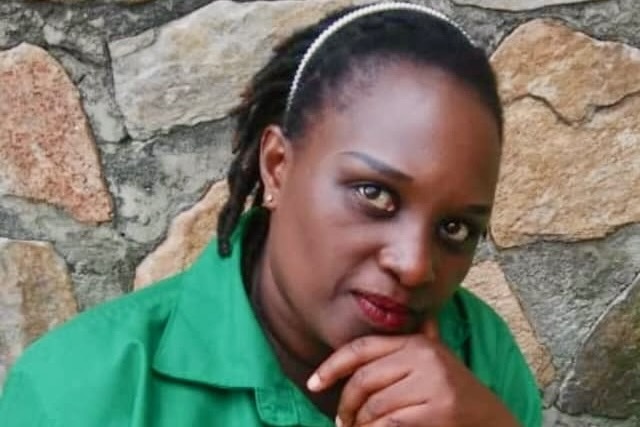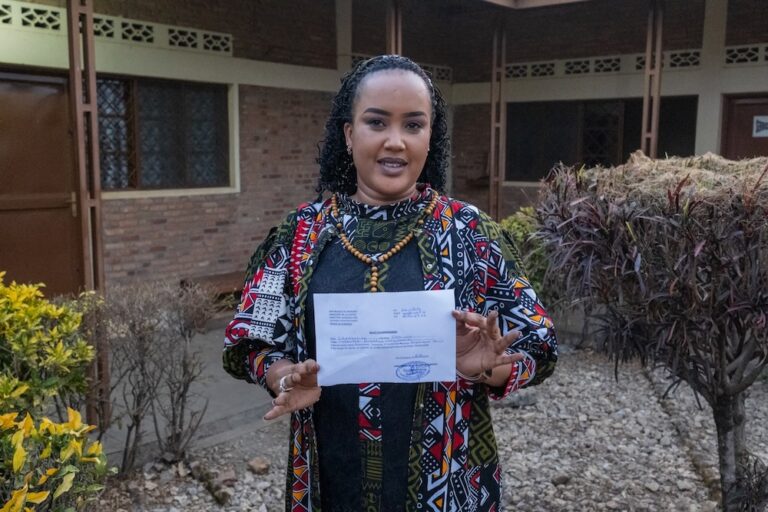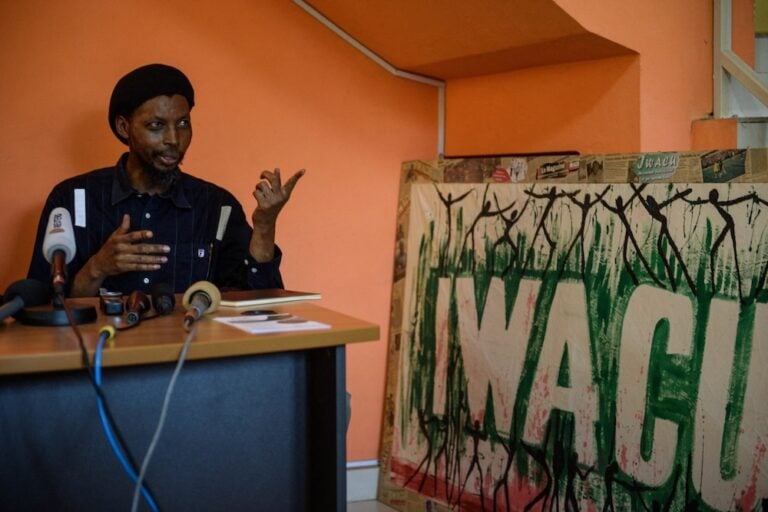ARTICLE 19 calls on the Burundian Government to make concrete commitments to promote the rights of freedom of expression, information and association following the Universal Periodic Review (UPR) of the country at the United Nations Human Rights Council (UNHRC).
(ARTICLE 19/IFEX) – 5 February 2013 – ARTICLE 19 calls on the Burundian Government to make concrete commitments to promote the rights of freedom of expression, information and association following the Universal Periodic Review (UPR) of the country at the United Nations Human Rights Council (UNHRC).
During the review, it became clear the political space for opposition parties in Burundi continues to shrink following their boycott of the 2010 elections.
“Since the elections of 2010 civil society, the media and human rights defenders have sustained attempts to curtail their rights to freedom of expression and association. It is time for the Burundian government to reverse this trend and make a strong public commitment to respect and protect fundamental human rights” said Henry Maina, Director of Article 19 Kenya.
It also remains clear that serious problems remain in relation to the issue of violence against journalists, human rights defenders and parties of political opposition. Concerns about attacks, harassment, threats and intimidation of these groups were raised in 13 stakeholder reports and by 74 state delegations through oral statements.
“We’ve observed a catalogue of failings by the state to protect freedom of expression. Journalists like Hassan Ruvakuki have been jailed for reporting on matters of public importance. We have seen attempts made to prevent the media reporting on certain matters, take for example the ban on coverage of the Gatumba Bar Attack in 2011. What’s more, crimes against those seeking to speak truth are not investigated and those responsible for them are not brought to justice. The vicious cycle of impunity continues in Burundi which creates a worrying culture of self-censorship” Maina said.
“We’ve are also concerned to note judicial harassment in the country and we have seen undue pressure exerted on civil society organisations, including the suspension or threatened suspension of their legal registration as has been the case for FORSC, APRODH and OLUCOME” Maina added.
During the UPR review process, Burundi received 174 recommendations and pledged to respond before the 23rd session of the Human Rights Council, which will be held in June 2013.
More than 25 of the recommendations related to freedom of expression, freedom of association and freedom of assembly.
ARTICLE 19 calls on the Burundian government to:
* Repeal all legislation that unduly limit freedoms of expression and assembly and urges the government tocomply with its obligations under international law, including those it has committed to in the International Covenant on Civil and Political Rights.
* Undertake credible investigations and prosecutions for all crimes against freedom of expression, including violations against human rights defenders, journalists, political opponents and civil society members. It is imperative that all reports into these crimes are published openly and released for the public.
* Pass a freedom of information law to create a framework for citizens to realise this vital right.
Immediately begin a national process of consultation with the media, civil society and opposition parties on the pending draft media law to decriminalise press offences. This should happen before the government responds to the recommendations received during the UPR.


